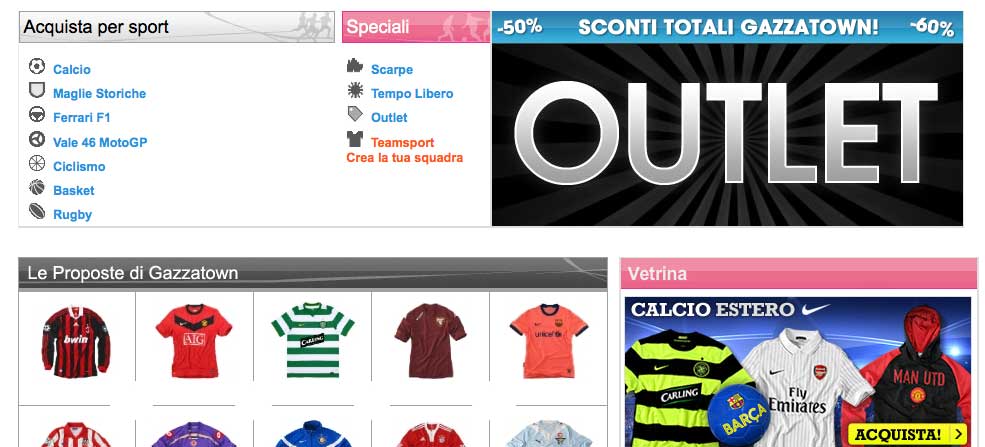Some interesting examples of how publishers are branching out into e-commerce were given at this morning’s opening session of the World Association of Newspapers (WAN)/World Editors Forum (WEF) conference by Iñaki Palacios and Francisco Amaral, directors of design firm Cases I Associats.
The pair advocated ‘monetising the channel not the content’ when it comes to charging online and looking at how e-commerce can be brought in.
Italian sports newspaper La Gazetta dello Sport, for example, has recently launched Gazzatown: an online shop that requires registration, which originally sold football goods but now has expanded to other sports products.
“Our world is not only editorial it feeds business,” said deputy editor, Gianni Valenti in a video clip in the presentation.
“Having a strong brand name gives a guarantee – it is the only way of overcoming fears that people have of buying online.”

Neatly illustrating his point, Valenti said adding a newly-signed football player’s shirt shortly after his transfer has been announced during the transfer window was particularly important, for example.
Elsewhere People.com‘s editorial team has produced videos featuring style tips and filled its online shop with related purchases – for example, highstreet clothing matching a celebrity’s outfit.
All coverage of #WANIndia2009 from Journalism.co.uk can be found at this link.